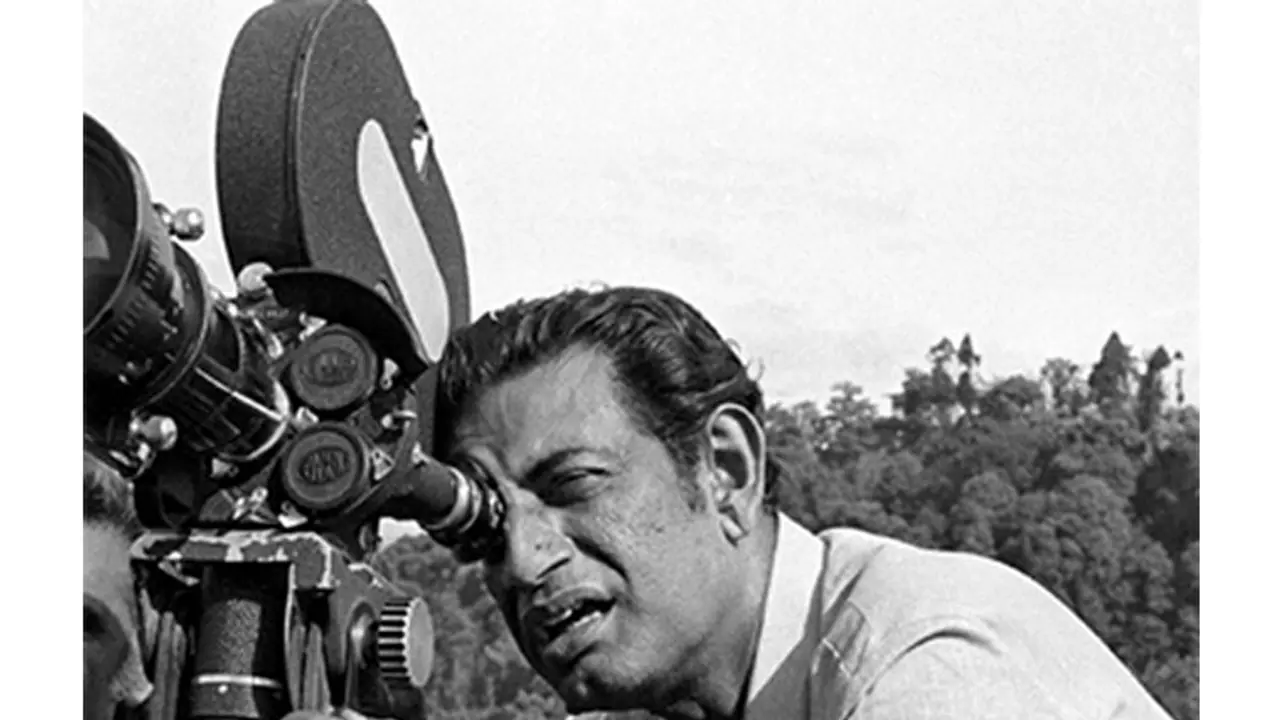Contemporary cinema is incomplete without mentioning Ray's contribution. In fact, renowned Japan movie-maker Akira Kurosowa had famously said that "...Not to have seen the cinema of (Satyajit) Ray means existing in the world without seeing the sun or the moon" holds true to his reputation.

Satyajit Ray's movies have always depicted women in a brilliant way. With a great vision for female characters, he never shied away from portraying their honesty, on screen. His female characters were real and they did not just limited themselves to the stereotype. In fact, it is difficult to limit Ray's movies to a particular genre.
In fact, Ray was never intended to be a film-maker but was passionate about movies. He was passionate about arts, and was a graphic artist. He had his heart in literature, too.
However, Italian movie 'Bicycle Theives' released in 1948 had a great influence on him. It is said that this movie kindled his passion for movie making and that's how his 'Pather Panchali' came into being in 1955. This movie broke all the
prejudices about Indian cinema to the world. His other movies, 'Aparajitho' (1956) and 'Apur Sansar' (1959) were brilliant movies. His movies had the traits of 'Italian neo-relaistic', say many. But a few veteran directors of Indian cinema do not buy this argument. They believe that Ray stands apart from 'neo realism' movies. For, his movies were unique - they had great language, brilliant music and heart-touching story. His stories were magical. But above all, they were full of humanism. There was no difference between reality and art in his movies, observes noted Kannada director Girish Kasaravalli.
Ray had excelled in every section of movie making. For, without preparation and research, he would never take up shooting. For him, story was the cinema's soul. Perhaps, it was for the same reason, he never ventured in other language movies. "The script was so clear that every shot was okayed at first take," recall Sharmila Tagore and Aparna Sen. When Indian movies were not taken seriously and their mention was found in the last pages of contemporary cinema, Ray put the Indian cinema on global map.
The Bengali film-maker received many awards including 32 national film awards and is the first and the only Indian to receive an Honorary Academy Award in 1992.
